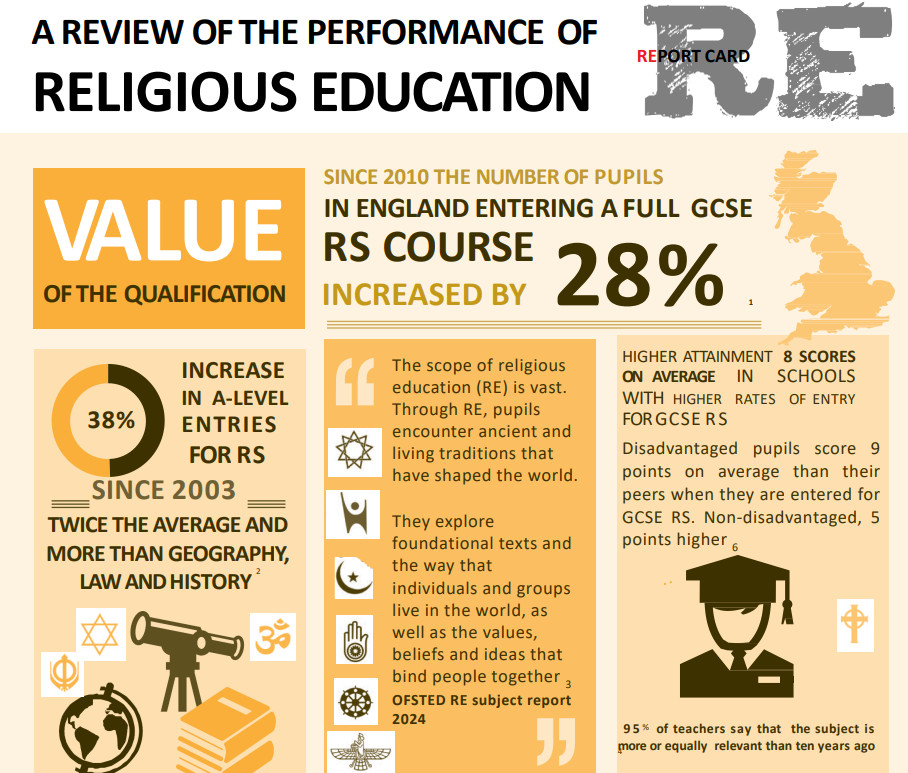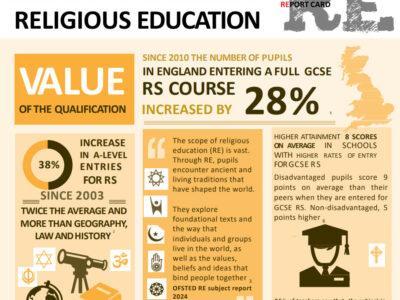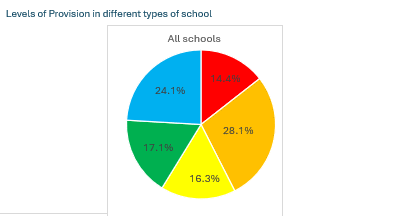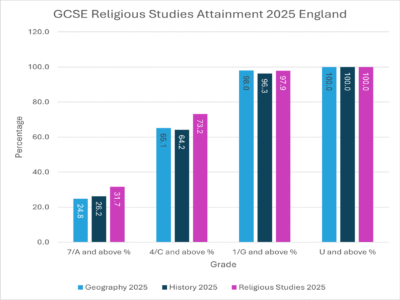Latest News

NATRE publishes a new report card on RE
September 18, 2025

September 18, 2025
Explore more
24 quality teaching resources found

64% of the UK adult population think an education in religion and worldviews (or RE) is…

Download workforce report 2024
Methodology:
The School Workforce Census allows the…

National Summaries
Overall: RS continues to demonstrate high attainment and is especially…
Please help us to us campaign for trainee teachers of RE to be offered bursaries in line with other shortage subjects. You can use social media and/or consider writing to your MP. If you are working in one of the many schools who have tried and failed to recruit or where the delivery of the subject relies on teachers who mainly teach another subject, please make your MP aware of that too.